Activity
Facilitation of Individual and Community FRA Claims – MJJY, Homestead Land through Mo Jami Mo Diha – with a Focus on Women’s Rights
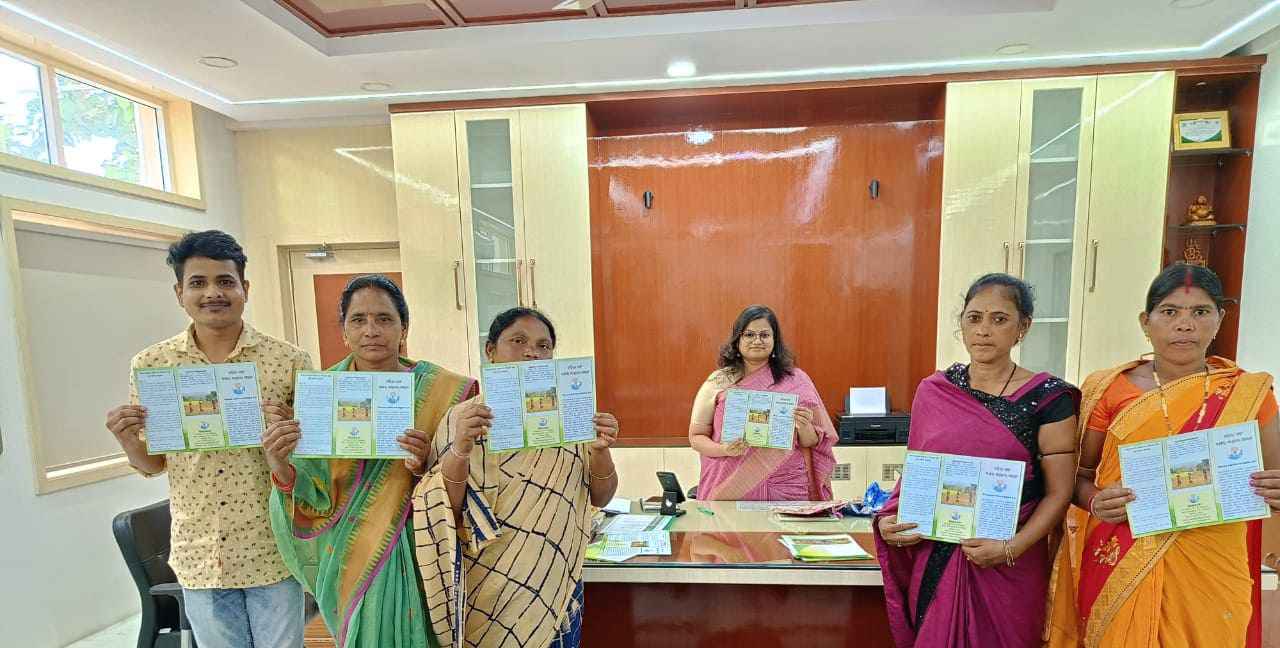
Seba Jagat plays a vital role in facilitating individual and community Forest Rights Act (FRA) claims, focusing on women’s rights to land and forest resources. We support in filing claims for individual and community forest rights under the Forest Rights Act. One key initiative is securing homestead land for tribal and forest-dependent communities the Mo Jami Mo Diha program. In rural and tribal areas, women often face multiple layers of exclusion when it comes to land rights, as societal and legal barriers frequently limit their ownership and control over land. Seba Jagat works to address this disparity by ensuring that women’s land rights are prioritized during the claims process. We organize community-level awareness programs that educate women about their legal rights, and provide hands-on support in the form of documentation assistance, capacity-building workshops, and legal consultations. By facilitating women’s participation in the claim process, Seba Jagat helps break the barriers that have prevented women from having access to and control over land resources. We also ensure that women are represented in decision-making bodies such as Gram Sabhas and Forest Rights Committees,ensuring their active involvement in securing and managing forest rights.We organize legal literacy programs that inform communities about their rights under various land and forest-related laws.
Post-CFR Governance –Women-Led Community Forest Resource (CFR) Management
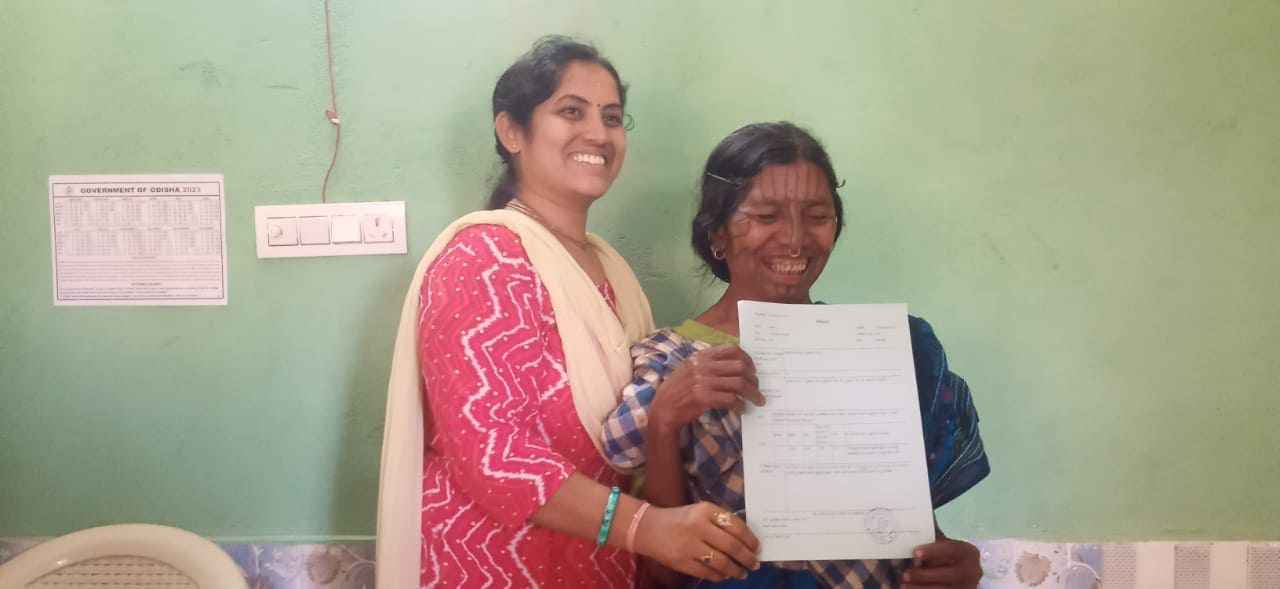
Post-Community Forest Resource (CFR) governance is a crucial phase in ensuring that the rights granted under the FRA translate into sustainable, community-led resource management. Seba Jagat actively supports womens leadership in this governance process by facilitating their involvement in the management of Community Forest Resources (CFR). We work closely with women to strengthen their participation in the design and implementation of rules and practices that govern the use and protection of forest resources. Women in tribal and rural communities are often the primary custodians of natural resources, particularly in the management of forests, water, and soil. However, their participation in decision-making processes around these resources is often marginalized. Seba Jagat seeks to address this imbalance by empowering women through training and capacity-building programs. These initiatives focus on building womens leadership skills in resource management, conflict resolution, and negotiation with local authorities and external stakeholders. Seba Jagat also provides support in the form of technical assistance, facilitating the establishment of community-managed forest areas, and ensuring that management plans reflect both sustainable use and equitable distribution of resources. By promoting women-led governance in CFR management, Seba Jagat aims to enhance both the ecological health of forest areas and the social empowerment of women, ensuring that these communities continue to thrive while upholding their environmental stewardship roles.
Leadership and Participation of Women in Local Governance
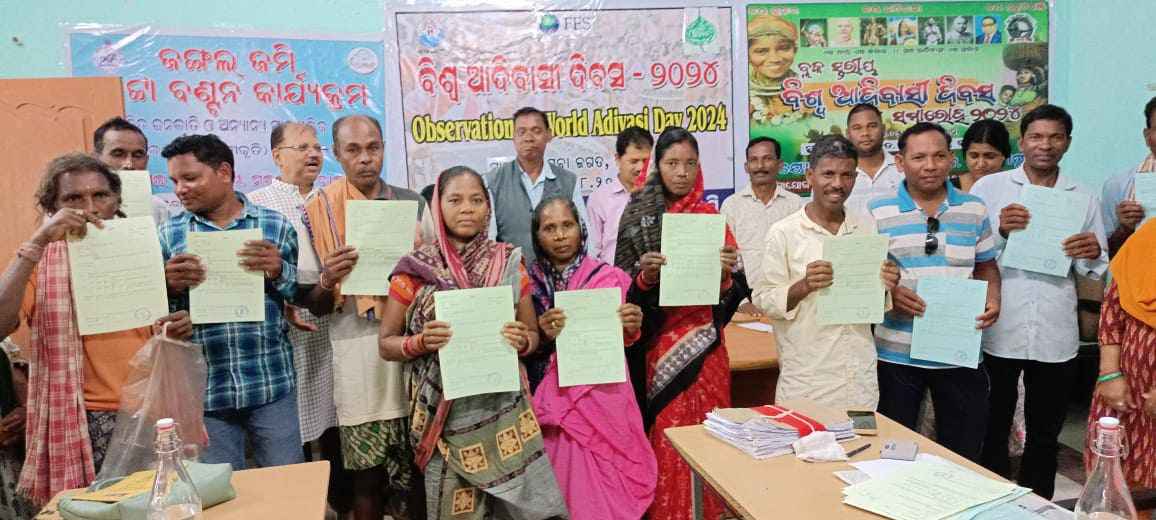
Seba Jagat is committed to strengthening grassroots governance structures and the protection of local biodiversity, with a strong focus on womens leadership and gender inclusion. Our work actively supports Gram Sabhas, Forest Rights Committees (FRCs), and Biodiversity Management Committees to function as inclusive, transparent, and community-led institutions. Seba Jagat provides targeted training and capacity-building for Gram Sabha members—particularly women, single women, tribal women, and other marginalized genders—to ensure their full and equal participation in discussions and decisions. Trainings are also organized to educate entire communities about their rights under the FRA and the importance of conserving biodiversity, with content and facilitation that are inclusive and accessible to women and girls. We conduct gender-sensitive workshops to build knowledge around the development of inclusive community forest management plans. Seba Jagat actively promotes the inclusion of women in local governance structures such as Gram Panchayats, Forest Rights Committees, and Biodiversity Management Committees. We believe that when women are included in decision-making, it leads to more equitable, sustainable, and community-driven outcomes Seba Jagat prioritizes the traditional ecological knowledge held by women and ensures their representation in local biodiversity planning and conservation.
Inclusive Governance: Landscape-Based Planning and Participatory Tools
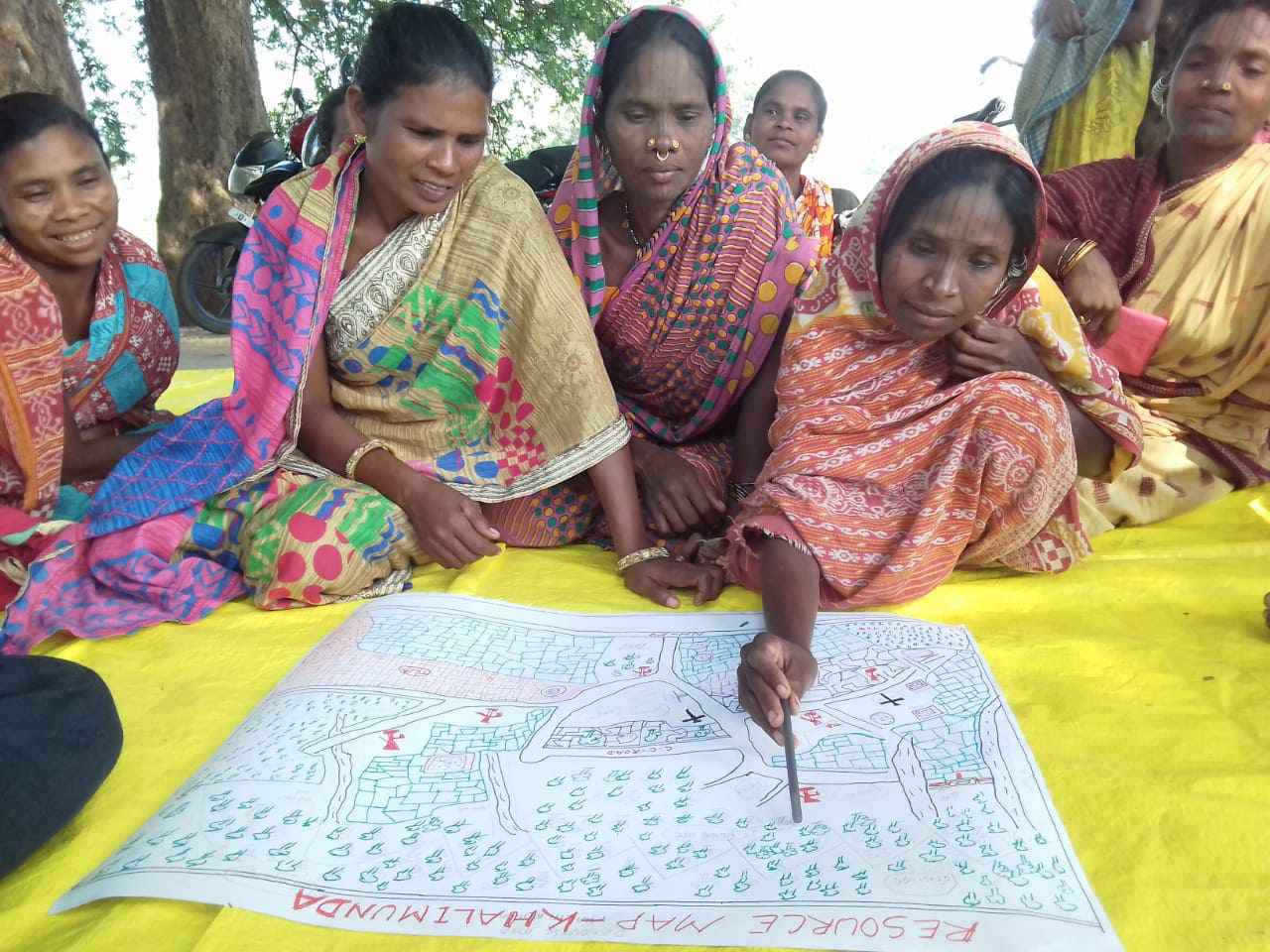
Seba Jagat promotes inclusive governance through landscape-based planning—a holistic approach that integrates the sustainable management of land, forest, and water resources across ecosystems. Central to this approach is the active participation of women, tribal communities, and othermarginalized groups, ensuring their voices shape decisions that impact their lives and environment. By using participatory tools such as community mapping, focus group discussions, and visioning workshops, Seba Jagat facilitates transparent, equitable planning processes rooted in local knowledge and priorities. Special emphasis is placed on recognizing women as key stakeholders and change agents, ensuring that their perspectives guide strategies for resource management, livelihood enhancement, and climate resilience. The organization also fosters dialogue between communities, local governments, and institutions to promote coordinated action and inclusive policymaking. Through this model, Seba Jagat aims to create a governance system that is gender-responsive, socially just, and environmentally sustainable—empowering communities to manage their resources and futures more effectively.
Women Resource Centre: Empowering Women for Social and Economic Transformation
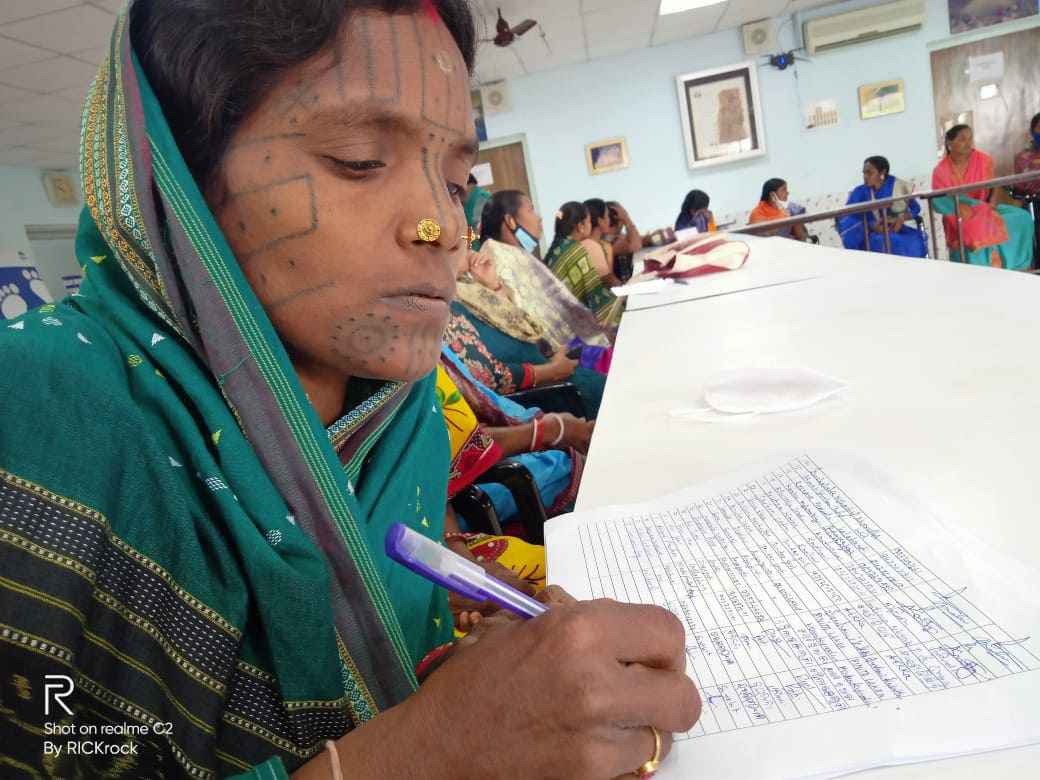
Seba Jagat has established Women Resource Centres (WRCs) as a critical part of its mission to empower women and provide them with the tools they need for social and economic transformation. These centers serve as hubs for womens education, capacity building, and support, offering a safe space where women can access essential services, information, and training. The goal of these centers is to enhance womens overall well-being, strengthen their role in community development, and promote gender equality. In addition to skill-building, WRCs act as a platform for legal awareness and support, helping women understand their rights related to land, livelihood, and health. The center ensurethey have the support needed to claim their entitlements and protect themselves from exploitation. The WRCs also play a significant role in raising awareness about gender-based violence, menstrual hygiene, reproductive health, and nutrition. Through regular workshops, community meetings, and outreach programs, these centers aim to break down taboos, address harmful practices, and promote healthier, more equitable lifestyles.
 SEBAJAGAT
SEBAJAGAT
